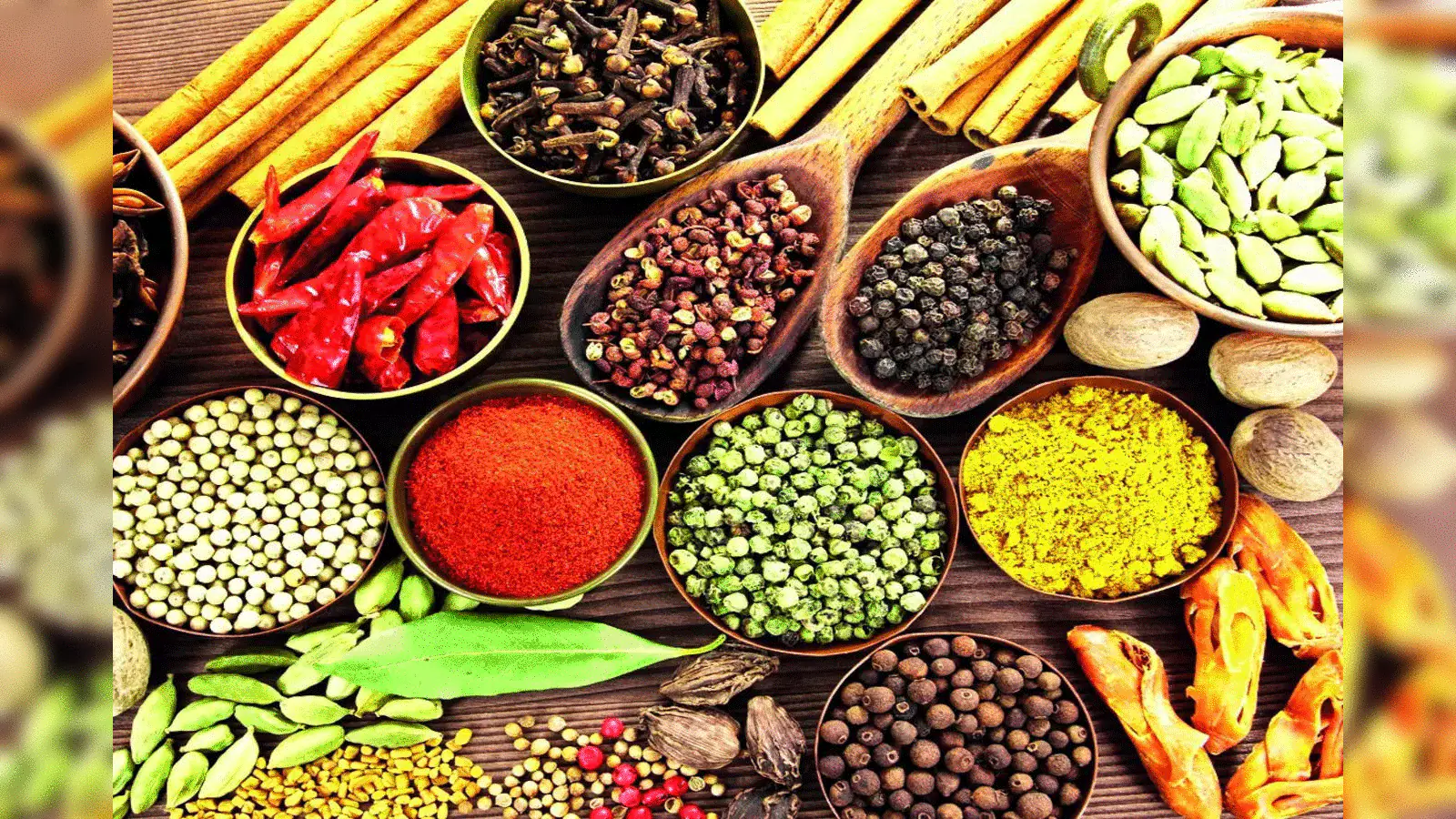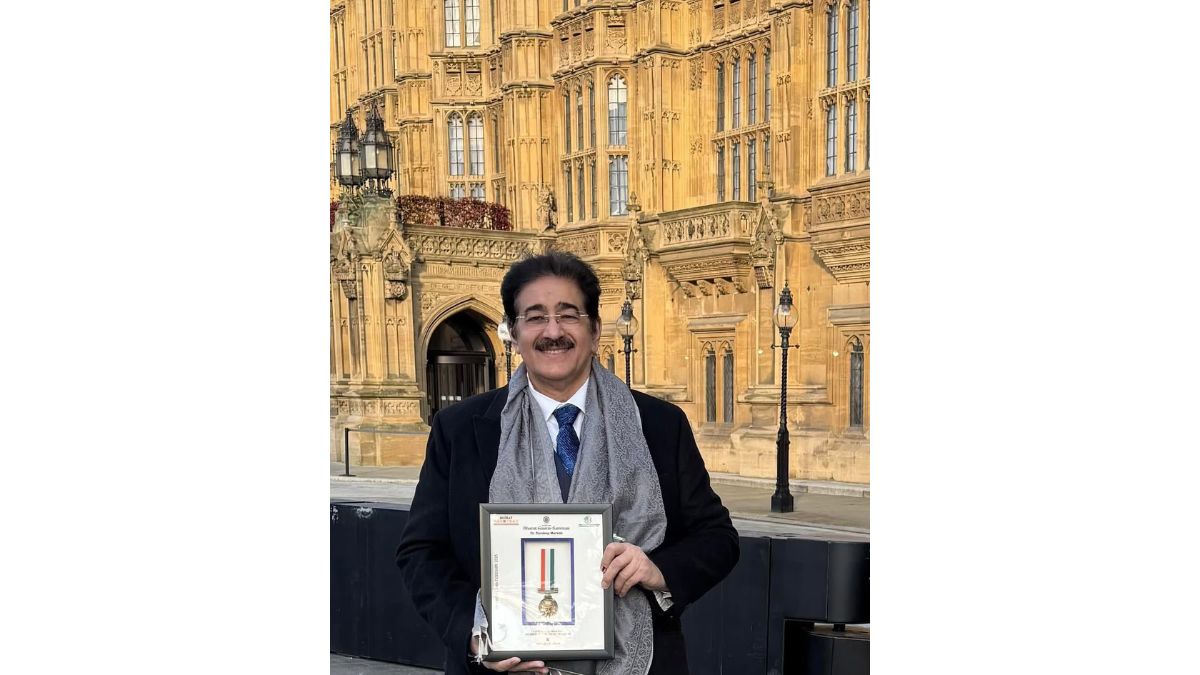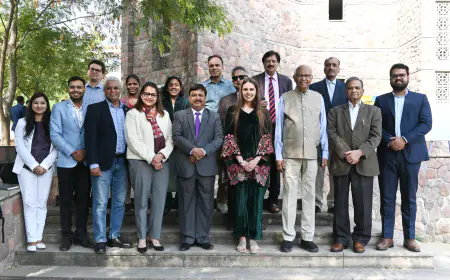FSSAI claims - News of approval of 10 times more pesticides in spices is baseless, know the whole matter
FSSAI: The Food Safety and Standards Authority of India said that it is clarified that the maximum residue limit in India is one of the most stringent standards in the world.

On the news that pesticide approvals have increased tenfold, the Food Safety and Standards Authority of India (FSSAI) has released an explanation. The Indian Food Controller is said to have approved the addition of ten times more pesticides to herbs and spices than the recommended amount, according to certain media reports, which he has refused. These reports are unfounded and fraudulent, according to the FSSAI.
The Maximum Residue Limit (MRL) in India is among the strictest standards worldwide, as declared by the Food Safety and Standards Authority of India in a press release. On the basis of their risk assessment, different food items have different MRLs for pesticides determined simultaneously.
FSSAI says that pesticides in India are regulated through the Central Pesticides Board and Registration Committee (CIB&RC) constituted under the Pesticides Act, 1968 by the Ministry of Agriculture and Farmers Welfare. CIB and RC regulate the manufacturing, import, export, transport, storage, etc. of pesticides.
FSSAI's scientific panel for pesticide residue testing examines the data received from CIB and RC. After this, MRLs are decided after examining all the hazard-related data. During this, the concerns related to the diet of the people of India and the health of people of all ages are also kept in mind.
There are some pesticides registered with the Central Pesticide Board and Registration Committee. For example, the use of monocrotophos is permitted on several crops with different MRLs such as rice 0.03 mg/kg, citrus fruits 0.2 mg/kg, coffee beans 0.1 mg/kg, and cardamom 0.5 mg/kg, chili 0.2 mg/kg.
However, FSSAI admitted that some pesticides are not registered with the Central Pesticides Board and Registration Committee in India. For them, this limit was increased 10 times from 0.01 mg/kg to 0.1 mg/kg. This was done only on the advice of the scientific panel.
FSSAI said that the MRLs are regularly revised based on scientific data. This process is in line with global standards and ensures that MRL revisions are made on a scientifically valid basis, reflecting the latest findings and international norms.







































































